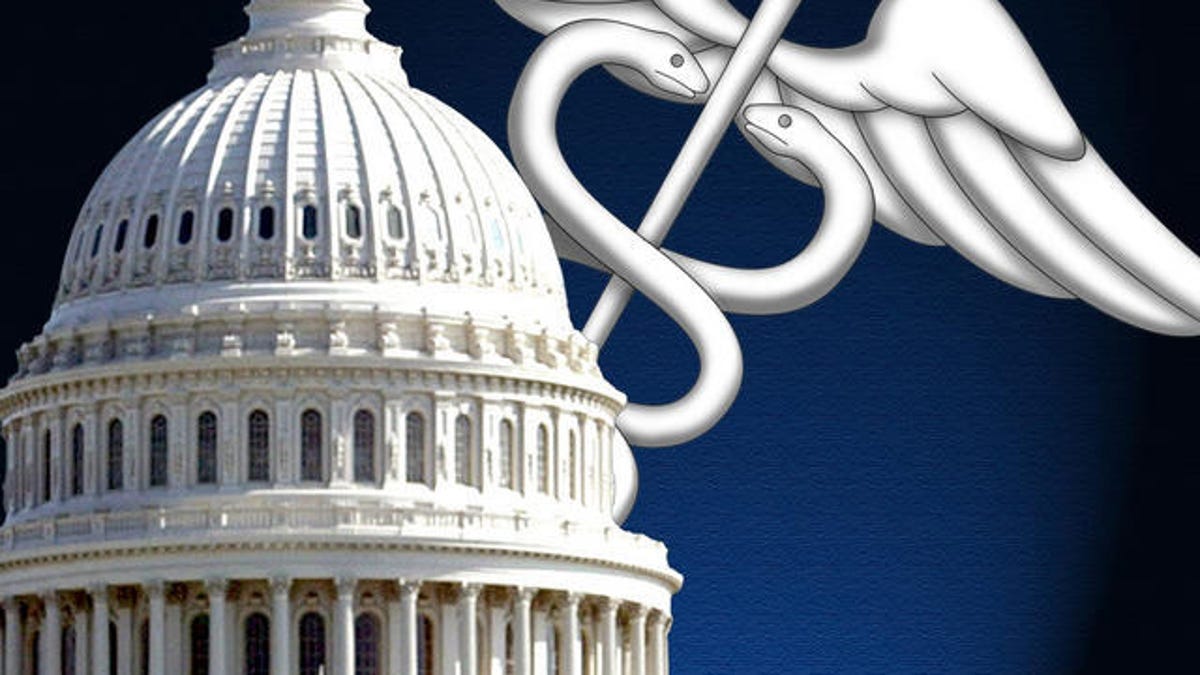
AP
During the past few days we have heard two cries regarding the health care debate in the Senate.
One, health care reform is an issue of social justice and not a referendum on abortion, as noted by both Senators Harry Reid (D-Nev.) and Barbara Mikulski (D- Md.)
Two, Sen. Barbara Mikulski’s statement that she is “whole life” and that a vote for the health care reform bill is a vote as “pro-life or whole life as anyone can cast.”
Whole Life America, America’s premier whole life resource, takes issue with both these assertions.
Health care reform is an issue of social justice. One of the primary issues, if not the primary issue of social justice, is the fundamental right to life. If you claim to be concerned with "social justice" you cannot, at the same time, be for the right to end the life of an unborn human being.
Social justice, if we listen to Senators Mikulski and Reid, concerns the whole of the human being—including his or her health care and access to that health care. Whole Life America recognizes and applauds the cry for human dignity that is inherent to the cry for social justice within the health care reform debate.
However, nothing could be further from social justice than an act which has robbed over 46 million Americans of their lives since 1973. If, as the senators would have us believe, this health care reform debate is in fact an issue of social justice then any part of it that sanctions stripping any member of our society of his or her fundamental rights—terminating someone’s life is such an act—cannot in good conscience be truthfully called social justice.
Furthermore, Sen. Mikulski’s claim that she is whole life based on her determination to provide universal health care begs the question—what does it mean to be whole life?
To be termed ‘whole life’ is rooted in one criterion: you must be dedicated to promoting human dignity for all people. As the Whole Life Mission states: “The mission of the Whole Life initiative is to promote a respect for the intrinsic dignity of the human person regardless of ability, age, status, ethnicity or sex.”
The fundamental principle of the whole life ethic is the incomparable worth of the human person. The Whole Life Ethic seeks to protect human dignity from the embryo to the streets of Iran, from the unborn child to the child in Darfur, from the young woman facing a crisis pregnancy to the old man confronted with insurmountable health care fees.
To be whole life means you understand that a human being is recognized as a person at the moment of his biological beginning and that he is worthy of respect from that moment and through the entirety of his life until it reaches its natural conclusion.
To be whole life means you are willing to stand up and defend human dignity from the child in the womb to the child in Darfur, from the embryo to the elderly no matter the cost to yourself.
For some—like Neda Agha Soltan, who lost her life in June on the streets of Iran—defending human dignity comes at a very high cost. Others—like the leaders of this country—only risk losing their political capital or house seat.
If you are not willing to stand up to the abortion industry on the floor of the senate, in the oval office, at work, at school or with friends, then the idea that you would be willing to stand up to the Janjaweed in Darfur, the Taliban in Afghanistan, or the regime leaders in Iran is absurd.
The biggest threat to human dignity in the United States is abortion—it shows no mercy to unborn children and it breaks the hearts of women and men. Around the world there are many threats to human dignity, however, echoing a great promoter of human dignity who risked his freedom and gave his life: a threat to human dignity anywhere is a threat to human dignity everywhere.
People who are whole life disagree on many issues and policies.
While we all agree that we want everyone to have access to quality health care we can disagree on how that is best achieved.
In order to identify yourself as whole life you must promote human dignity unilaterally—you cannot pick and choose who has human dignity and who does not. That is not your decision and that is certainly far above anyone on earth’s pay grade.
To date those who have cried for social justice have been markedly silent on fundamental social justice issues including the assault on freedom in Iran, the slaughter of innocents in Darfur, the suspension of the death penalty in the United States, and last, but not least, the right to kill one out of every five unborn children worldwide.
Do not be silent on human dignity—whatever your occupation—but rather, stand with the greats, and tell the world, “From the child in the womb to the child in Darfur, from the embryo to the elderly, I am whole life.”
Jason Jones is a producer, human rights activist and founder of Whole Life America. Eduardo Verastegui is a producer, humanitarian and actor.
